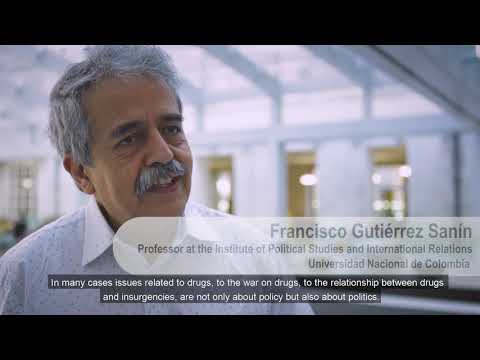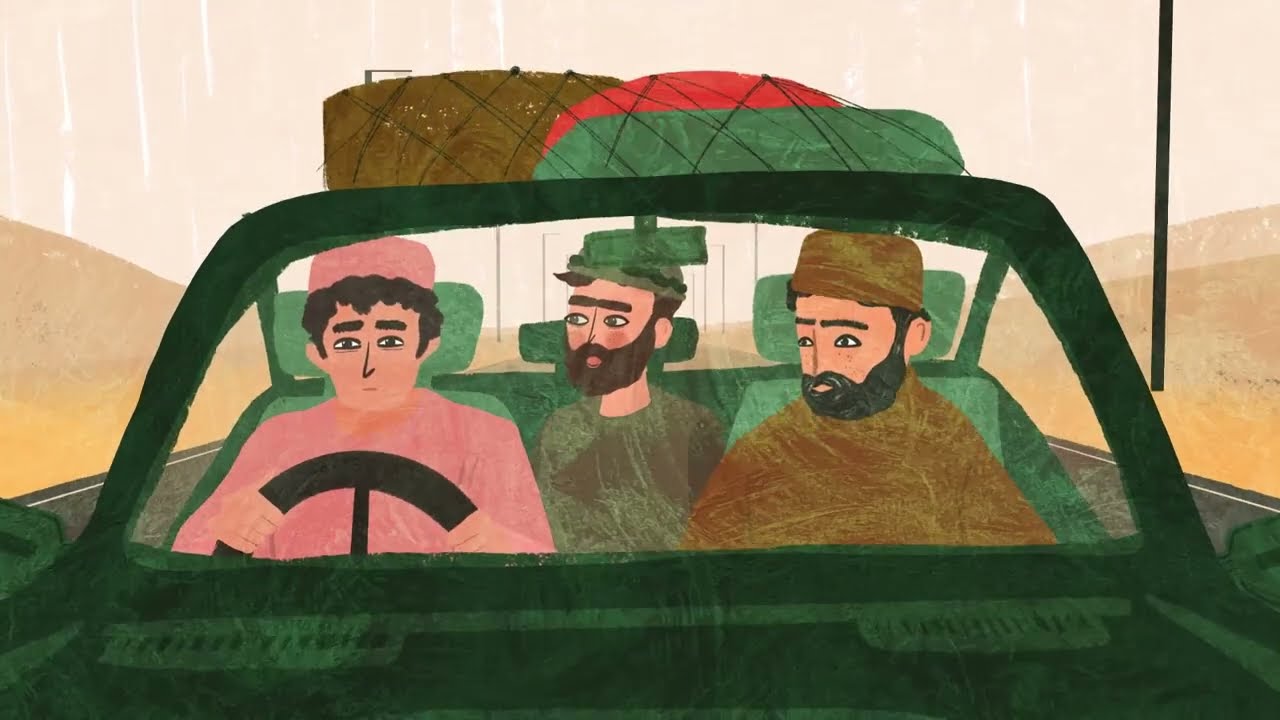Drugs & (dis)order


"Drugs & (dis)order: Building sustainable peacetime economies in the aftermath of war" was a GCRF-funded research programme (2018–2022).
It was implemented by a consortium led by SOAS and Principal Investigator Jonathan Goodhand. It carried out research into the role of illicit drug economies in conflict-affected borderlands of Afghanistan, Colombia and Myanmar. The Covid-19 pandemic, the military coup in Myanmar and the return of the Taliban to power in Afghanistan all took place during the project. It offers a unique analysis of the place of illicit drugs in borderlands during times of change and rupture.
Project aims
Drugs & (dis)order set out to transform debates, practices and policies relating to drugs and development in conflict affected and post-conflict states. To do this, it aimed to
- Generate a robust evidence base on illicit drug economies and their effects on armed conflict, public health and livelihoods.
- Identify new approaches and policy solutions to build more inclusive development and sustainable livelihoods in drugs affected contexts.
- Build a global network of researchers and institutions in Afghanistan, Colombia, Myanmar and the UK to continue this work.
Watch partners explain what the project set out to do in this short film.
A new evidence base
The project produced a huge range of evidence:
- 38 peer-reviewed journal articles – search them here
- Two flagship reports – Voices from the Borderlands 2020 and 2022
- Numerous working papers and blogs
- A large number of open-access datasets
- Multimedia reports
Voices from the borderlands
Voices from the Global South – from the producers, traders and consumers of drugs – are often missing from debates on drug policy. As well as carrying out qualitative and quantitative research, the project documented numerous life histories. It worked with local artists in Afghanistan, Colombia and Myanmar to produce comics and animations highlighting the lived experiences of ordinary people whose lives are touched in different ways by illicit drugs, and in Colombia with a local photographer to produce a photographic exhibition documenting coca production.
Entangled lives: conflict and illicit economies in Afghanistan
Animated life history of a man from Afghanistan’s Nimroz province, where the illicit drug economy is part of the fabric of society. Six-minute film telling the story of his life as a smuggler, through regime changes, migration, hardening borders and finally Covid.
Nang Nang and Sai Sai: Drugs and their impact on young people in Myanmar’s borderlands
This comic tells the story of Nang Nang and Sai Sai, illustrating the proliferation of drugs and their impact on young people in Shan State, Myanmar.
"Everyone here feels that they have been let down by the government."
This multimedia report tells the stories of farmers who eradicated their coca crops under Colombia's national crop substitution programme. The picture shows a farmer in a rural area of Tumaco. A year after eradicating her coca crops she still had not received the first food assistance payment from the government – hear her speak below.
Question: When you decided to take out the coca as part of this programme, what was your motivation to do so, why did you make the decision?
Answer: On the one hand, because we know that it’s illicit, and that we’re working breaking the law. So, if the government provides some sort of support, we’d get rid of it … because coca causes a lot of conflict and a lot of problems. So, we told ourselves that if the government offers us the means to get rid of it, or to grow cacao or palm because there’s no problems with these, then we would. But if the government doesn’t fulfil the agreement … all of us here in my village feel directly let down [by the government].
Learn more
Want to learn more? Drugs, peace and development: Rethinking policy is a free five-week distance learning course on FutureLearn, based on the project’s research. Try out one of the course units here.
Visit the website
All Drugs & (dis)order’s outputs are available on the project’s website.








